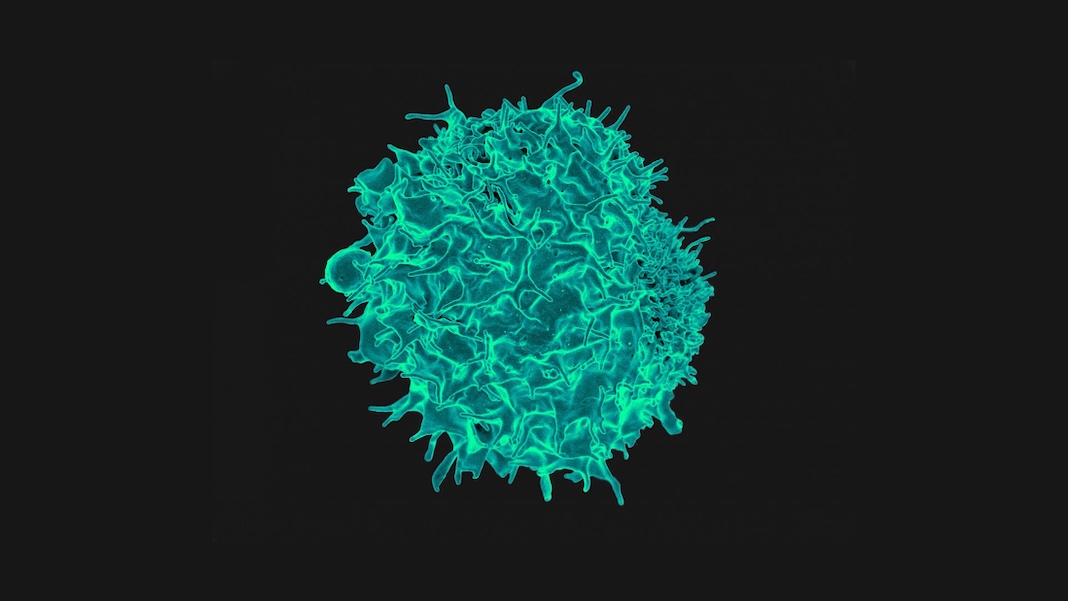Immune cell engineering is an emerging field that holds promise for developing next-generation cell therapies. By reprogramming a patient’s own immune cells, researchers are working to enhance the body’s natural defenses against diseases like cancer.
What is Immune Cell Engineering?
Immune cell engineering involves extracting immune cells like T cells from a patient’s blood and genetically modifying them in the laboratory. The goal is to reprogram these cells to more precisely target and destroy disease cells while leaving healthy cells unharmed. There are two main approaches scientists are taking:
Chimeric Antigen Receptor (CAR) T Cell Therapy
In CAR T cell therapy, T cells are modified to express artificial receptors called chimeric antigen receptors (CARs) on their surface. These CARs are designed specifically to recognize a marker found only on disease cells, not healthy cells. Once reinfused into the patient, CAR T cells can zero in on and eliminate cells bearing the targeted marker. This very personalized approach shows great promise against certain blood cancers where a specific marker has been identified.
T Cell Receptor (TCR) Gene Therapy
Another method involves engineering T cells to express disease-specific T cell receptors (TCRs) on their surface. Unlike CARs, TCRs are naturally occurring receptors that recognize fragments of proteins inside cells called antigens that are presented on the cell surface. By giving T cells new TCRs, researchers aim to redirect their recognition to target antigens found in diseases like certain solid tumors. This could broaden immune cell therapy to other types of cancer.
Goals of Immune Cell Engineering
The overarching goals of Immune Cell Engineering include:
– Developing precision therapies: By modifying immune cells to precisely target disease markers, researchers hope to maximize tumor cell killing while avoiding damage to healthy tissues. This personalized approach could improve outcomes.
– Broadening application: Current CAR T cell therapies only target a handful of blood cancers. Engineering T cells with novel TCRs aims to expand application to solid tumors which are more challenging to treat.
– Enhancing persistence and potency: Modifying immune cells to express co-stimulatory molecules, cytokine receptors, or inhibiting molecules hopes to supercharge their anti-tumor activity and support their long-term survival in the body after treatment.
– Improving manufacturability and lower cost: Advancing production methods through automated closed systems intends to deliver more standardized, scalable cell manufacturing processes that could broaden access and lower costs compared to early immune cell therapies.
Progress in Cancer Immunotherapy
Immune cell engineering is building upon promising results already seen with immunotherapy approaches:
– CAR T cell therapy has been life-changing for many leukemia and lymphoma patients who previously had poor prognoses. Approvals in the US and EU established this as a new standard of care.
– Combining immunotherapy drugs that take the brakes off immune responses, known as checkpoint inhibitors, has revolutionized outcomes for some advanced cancers like melanoma.
– Evidence that the immune system can be harnessed against even “cold” tumors lacking strong responses broadens the potential for modified T cell therapies.
However, challenges remain as not all patients benefit from existing immunotherapies. Engineering immune cells aims to enhance and extend these early successes. Combining engineered T cells with checkpoint drugs or other modalities also shows synergistic potential to improve outcomes further.
Moving Immune Cell Therapies Forward
Major advances will be needed to realize the full potential of immune cell engineering:
– Identifying optimal disease-specific antigens for engineering TCRs could unlock new applications against solid tumors. Moving beyond single antigens to neoantigen combinations may improve responses.
– Developing automated manufacturing processes and “off-the-shelf” allogenic cell therapies not requiring customization could increase accessibility and lower costs substantially.
– Addressing engineering hurdles like ensuring enhanced cells remain quiescent and non-alloreactive until needed could improve their safety profile.
– Defining biomarkers to predict response and managing on-target/off-tumor toxicities as cells attack healthy tissues also posing the targeted antigen remain areas of focus.
With ongoing clinical study, refinement of engineering methods, and combination strategies, immune cell engineering aims to revolutionize our ability to harness the immune system against some of medicine’s toughest diseases. With further progress, it holds promise to become a mainstay of precision oncology and immune-based therapies.
Immune cell engineering is an innovative area of research that builds on immunotherapy advances. By modifying immune cells like T cells to more precisely target cancer cells and antigens, scientists hope to develop next-generation treatments that could help many more patients with difficult-to-treat diseases. With ongoing progress, cell therapy engineering may revolutionize how we harness the immune system against diseases in the years ahead.


